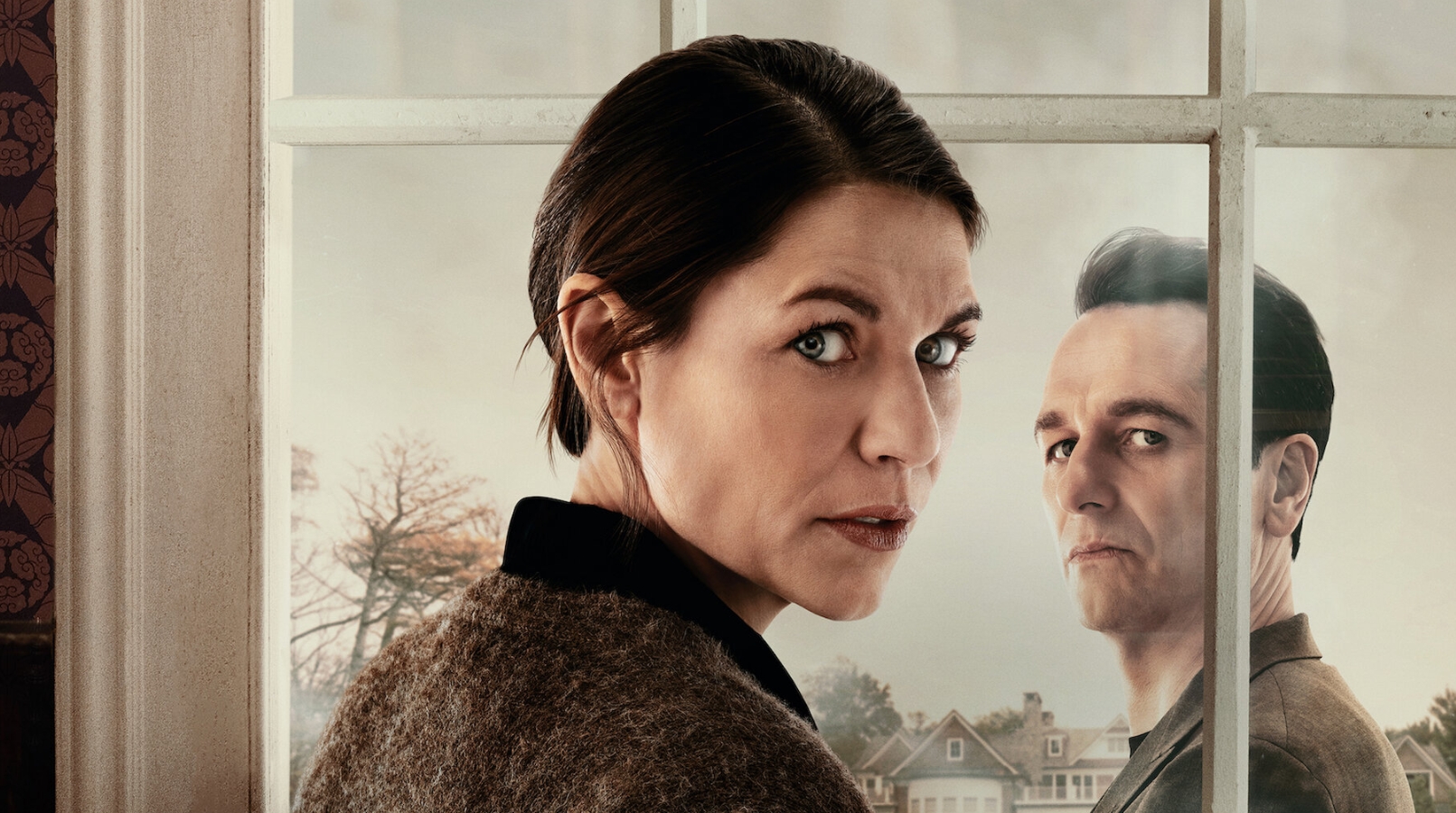One of the members of the internationally known pop group Little Mix has spoken candidly about one of the most painful experiences of her life: the loss of a baby midway through pregnancy. At 24 weeks, what had been a hopeful journey turned into tragedy, leaving lasting emotional scars that she is now finding the courage to share publicly.
Speaking honestly, the artist is not just working through her personal pain but also disrupting the quietude that envelops many families facing pregnancy loss. Her choice to discuss such an intimate topic demonstrates a wider cultural change where an increasing number of public personalities are contributing to making discussions about topics generally seen as overly private or distressing for public discourse more accepted.
The artist narrated the moment she found out her baby no longer had a heartbeat as an experience that left her “shattered beyond what words could convey.” Despite her eagerness for motherhood and imagining a future with her child, the heartbreaking revelation altered everything. She expressed that the sorrow was immense, not just because of the loss itself but also because of how swiftly her aspirations and dreams were destroyed.
Medical professionals informed her that the baby had passed away in the womb, which meant she had to go through the physical process of giving birth despite knowing the child would not survive. For many parents in similar situations, that part of the experience can be profoundly traumatic—carrying a baby, laboring, and delivering, only to leave the hospital without the joy of new life. The singer recounted that moment with profound honesty, describing it as the hardest thing she has ever endured.
The pain of such an experience does not end in the hospital. Grief continues to unfold in waves, often appearing unexpectedly and lasting far longer than outsiders might assume. The artist has shared how difficult it was to see reminders of pregnancy and parenthood in daily life, from advertisements to the experiences of friends and family. She admitted that even simple activities could feel overwhelming when they brought back the memory of what was lost.
For her, part of the healing process involved leaning on her support system. Fellow bandmates, friends, and family rallied around her, offering compassion during the darkest moments. She explained that while their words and presence could not erase the grief, knowing she was not alone helped her endure. Speaking about the importance of support, she encouraged others going through similar losses to seek comfort in trusted relationships, reminding them that grief does not need to be carried in isolation.
The artist also reflected on the pressure to return quickly to her professional obligations, including performing, recording, and being in the public eye. As a performer accustomed to projecting energy and joy on stage, reconciling that image with her private heartbreak was especially difficult. She described moments of standing in front of thousands of fans while silently carrying the weight of her grief, an emotional dissonance that she says took a toll on her mental health.
One reason she decided to talk publicly at this time is to emphasize that losing a pregnancy at 24 weeks, often called stillbirth or late miscarriage, is more prevalent than people tend to assume. Health organizations report that annually, countless families across the globe endure similar losses, but many feel alone due to the lack of open discussion about it. The singer aims to break the stigma by revealing her own story and to reassure others that they are not solitary in their suffering.
She emphasized that although mourning is an intensely personal experience, it is crucial for communities to create more empathetic environments for discussions about infant loss. Frequently, families encounter silence or unease from individuals unsure of how to respond. From her perspective, recognizing the child’s life, providing support without criticism, and merely being there for parents in mourning can have a significant impact.
The loss led her to think more deeply about being a mother in general. Despite the sadness of this event, she retains optimism about someday becoming a parent. Concurrently, she recognizes that the memory of the child she lost will never fade away. While the baby is not with her, they are still woven into her life’s narrative, and holding onto their memory is a means of paying tribute to their brief time in this world.
For fans who have followed her career, this revelation adds a new layer of depth to her public persona. While many know her as a powerful vocalist and performer who has brought joy to millions, this story highlights her vulnerability and humanity. The response from supporters has been overwhelmingly compassionate, with thousands expressing empathy and sharing their own experiences of pregnancy loss. This exchange of stories has created a sense of community, showing that even in the depths of grief, solidarity can bring healing.
The artist’s openness also underscores a growing movement among celebrities and public figures to use their platforms to address sensitive health issues. In recent years, more individuals have spoken about miscarriages, fertility challenges, postpartum depression, and other aspects of reproductive health. By doing so, they contribute to breaking down the silence that has long surrounded these topics, encouraging more honest conversations not only in the media but also within families and communities.
Beyond the emotional aspects, the narrative of the singer underscores the medical truths surrounding late pregnancy loss. Specialists point out that although numerous instances happen without an obvious cause, certain risk elements—like placenta issues, infections, or pre-existing health conditions—can heighten susceptibility. Medical experts recommend consistent prenatal examinations and observation, yet they also highlight that even with optimal care, unfortunate events can occur. This unpredictability contributes to the sorrow, as parents frequently feel caught off guard despite following all the correct steps.
The grief process for parents who lose a baby midway through pregnancy is unique. Some describe it as mourning both the child and the future they had imagined. The milestones—first steps, first words, birthdays—become dreams that will never be realized. The singer echoed this sentiment, noting that part of her sorrow came from grieving not only for the baby she lost but also for the life she had envisioned together.
Throughout the years, she has looked for methods to embrace the loss as part of her life instead of attempting to leave it behind. Ceremonial acts, whether through personal contemplation, mementos, or symbolic actions, have offered solace. In her view, recalling the baby is not focused on lingering sorrow but on recognizing the bond and affection that, although short-lived, was genuine and significant.
Her story is also an invitation for more empathy in how society views pregnancy and parenthood. Too often, discussions of pregnancy focus only on the joyous outcome of birth, leaving little room for acknowledging the losses that some families endure. By sharing her reality, she is reminding the public that every pregnancy carries risks and that those who experience loss deserve compassion rather than silence.
Looking forward, the performer maintains a balance between her profession and her personal recovery path. She acknowledges that sadness doesn’t follow a straight line; some days are smoother than others, while memories and significant dates can reignite pain. However, she highlights that discussing the loss, instead of concealing it, has played a crucial role in discovering resilience.
Fans and fellow artists have applauded her bravery, recognizing that telling such a personal story requires vulnerability. In their eyes, her honesty makes her not only a talented performer but also a role model for resilience. The message resonates particularly with those who have endured similar losses, many of whom express gratitude that someone with her platform is shedding light on a subject often hidden in the shadows.
While nothing can reverse the heartbreak of losing a baby at 24 weeks, the singer’s decision to share her experience ensures that her child’s memory is honored and that others walking a similar path feel less alone. In speaking out, she is helping to change the cultural narrative around pregnancy loss—transforming silence into dialogue, stigma into understanding, and isolation into community.
Her story is ultimately one of both loss and love. It is a reminder that grief, though profoundly painful, can coexist with hope. And while the pain of losing a child never fully disappears, the act of sharing, remembering, and connecting with others can offer a measure of healing. For the singer, and for countless others who have experienced similar heartbreak, that process of healing is ongoing—one day, one memory, and one story at a time.



